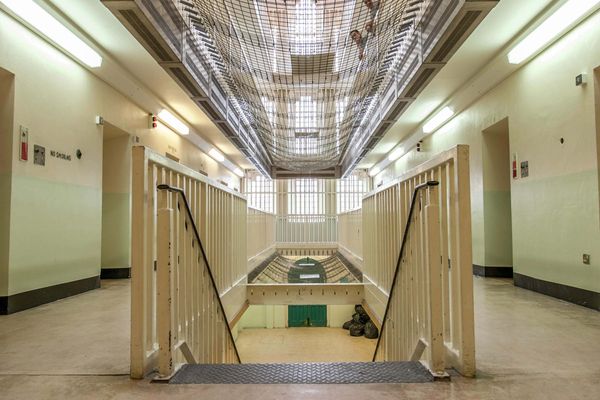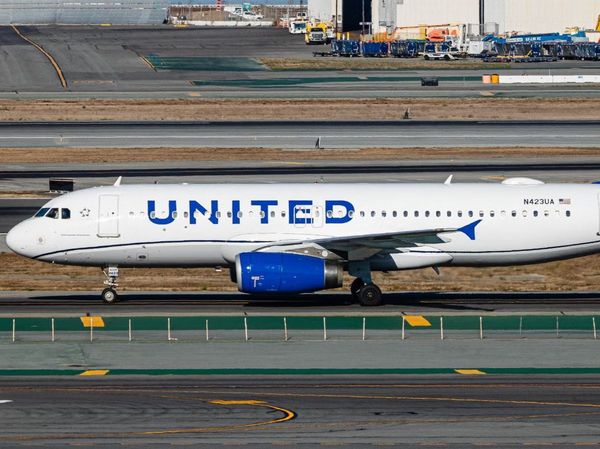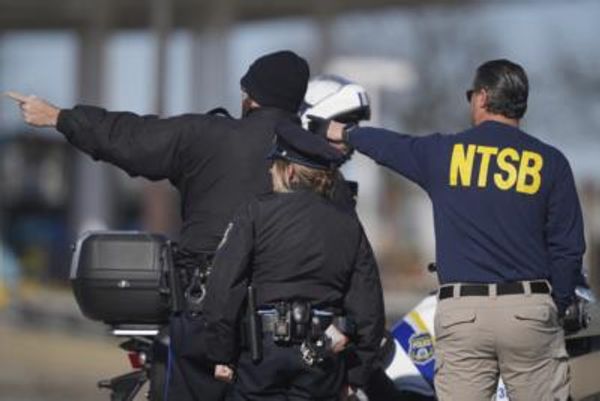South Africa’s last apartheid-era president FW de Klerk has died age 85.
The FW de Klerk Foundation’s spokesperson Dave Steward confirmed his death to News24 on Thursday.
“The former president died earlier this morning at his home in Fresnaye after his struggle against cancer.
“He is survived by his wife Elita, two children Susan and Jan, and his grandchildren.”
The foundation announced in the summer that the former president had been diagnosed with mesothelioma in March. Mesothelioma is a cancer that mainly affects the tissue the covers the lining of each lung.
President Cyril Ramaphosa said he and the government were saddened over the death of the country's last white president.
Mr de Klerk had played a “key role in ushering in democracy” in the country, Mr Ramaphosa said, expressing his condolences to the former president’s family.
Mr de Klerk succeeded PW Botha as the leader of the National Party in February 1989 after Mr Botha suffered a stroke and resigned from the party leadership.
He was the head of state from September 1989 until May 1994 and became one of the country’s two deputy presidents after the vote.
It was Mr de Klerk who in a speech to South Africa’s parliament on February 2, 1990, announced that anti-apartheid leader Nelson Mandela would be released from prison after 27 years.
The announcement electrifying a country that for decades had been scorned and sanctioned by much of the world for its brutal system of racial discrimination.
With South Africa's isolation deepening and its once-solid economy deteriorating, Mr de Klerk - who had been elected president five months earlier - also announced in the same speech the lifting of the ban on the African National Congress and other anti-apartheid political groups.
Amid gasps, several members of parliament left the chamber as he spoke.
Nine days later, Mr Mandela walked free.
Four years after that, Mr Mandela was elected as the country's first black president as black people voted for the first time.
By then, Mr de Klerk and Mr Mandela had been awarded the Nobel Peace Prize in 1993 for their often tense co-operation in moving South Africa away from institutionalised racism and towards democracy.

However his role in the transition to democracy remains highly contested.
Many blamed him for violence against Black South Africans and anti-apartheid activists during his time in power, while some white people saw his efforts to end apartheid as a betrayal.
Reacting to news of his death, John Steenhuisen, leader of the Democratic Alliance (DA), South Africa's second biggest party after the ANC, said Mr de Klerk's contribution to the country's transition to democracy "cannot be overstated".
Mr Steenhuisen said de Mr Klerk’s success in bringing the majority of white voters with him over the need to abolish apartheid “played a critical role in ensuring that the transition happened peacefully and that the 1994 elections... were embraced by all South Africans”.
The DA is the main rival of the ANC in national and local elections but has struggled to shed its image as a party of white privilege.
Julius Malema, who heads the Marxist Economic Freedom Fighters (EFF), the country’s third biggest political party, was much more critical, saying Mr de Klerk should be referred to not as a “former president” but as a “former apartheid president”.

Though no longer active in South African politics, Mr de Klerk prompted anger among supporters of then-president Jacob Zuma in 2016 when he accused them and their leader of seeking to advance their personal interests and of endangering the country’s constitutional democracy.
Mr De Klerk again drew criticism last year when he told a national broadcaster that he did not believe apartheid was a crime against humanity, as declared by the United Nations.
The backlash triggered by his remarks forced de Klerk to withdraw from a virtual seminar with the American Bar Association (ABA) in the United States, where he had been due to speak on issues such as minority rights and racism.
“The allegation that de Klerk was involved in gross violations of human rights is baseless,” his foundation said in July 2020 when he withdrew from the event.
“However, it appears unacceptable in the current super-heated racial climate that any leader from South Africa’s troubled past should be permitted to retain the slightest vestige of honour,” it said.







